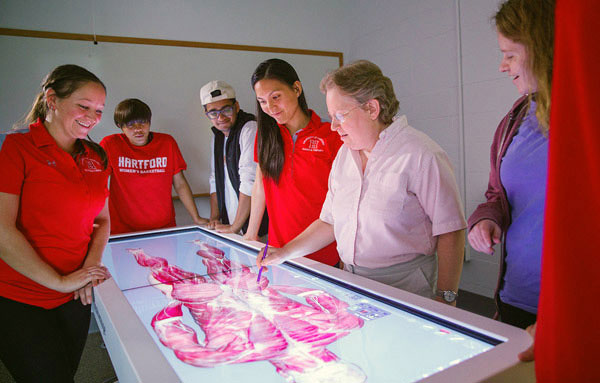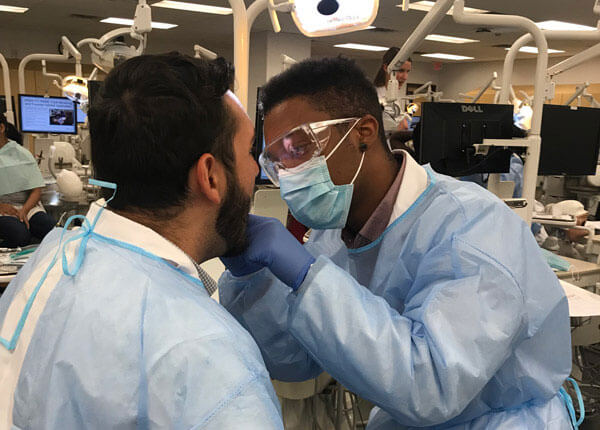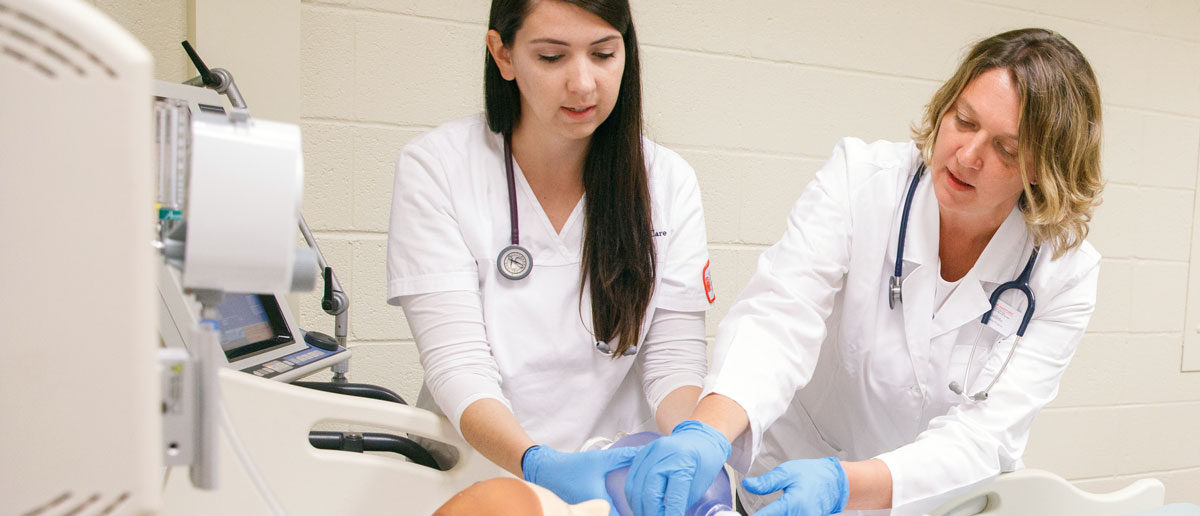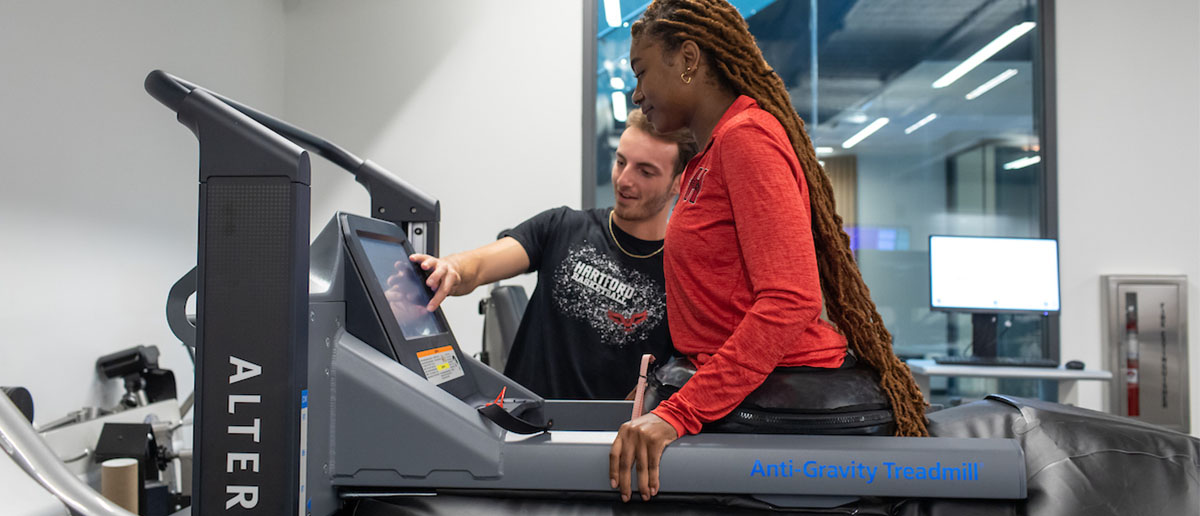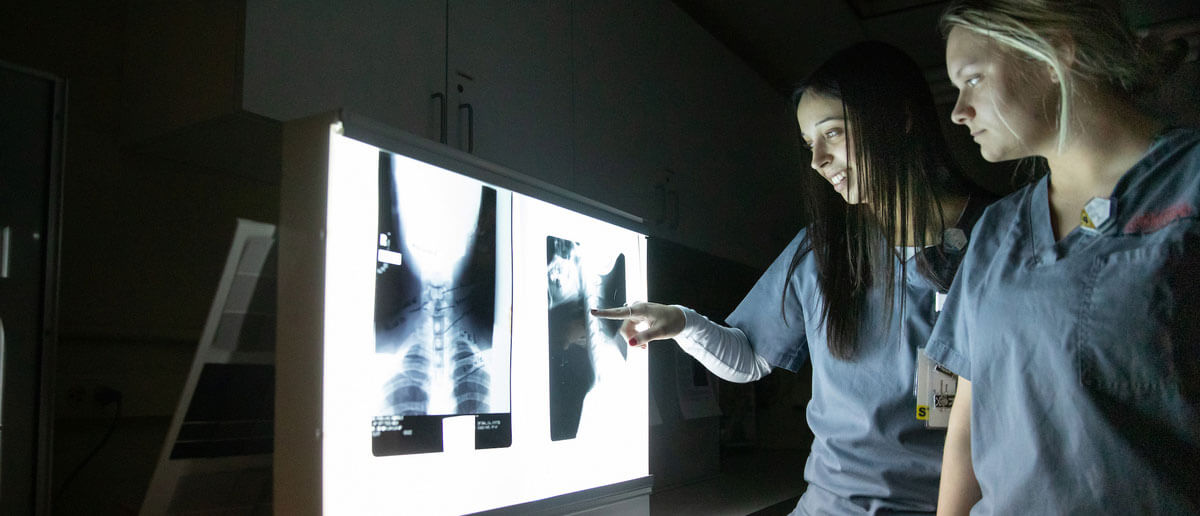
Radiologic Technology
Radiologic Technology combines the use of medical imaging technology with compassionate care of the ill and injured. As a radiologic technician, you'll be a member of a team that helps diagnose and treat pathologies and conditions.
